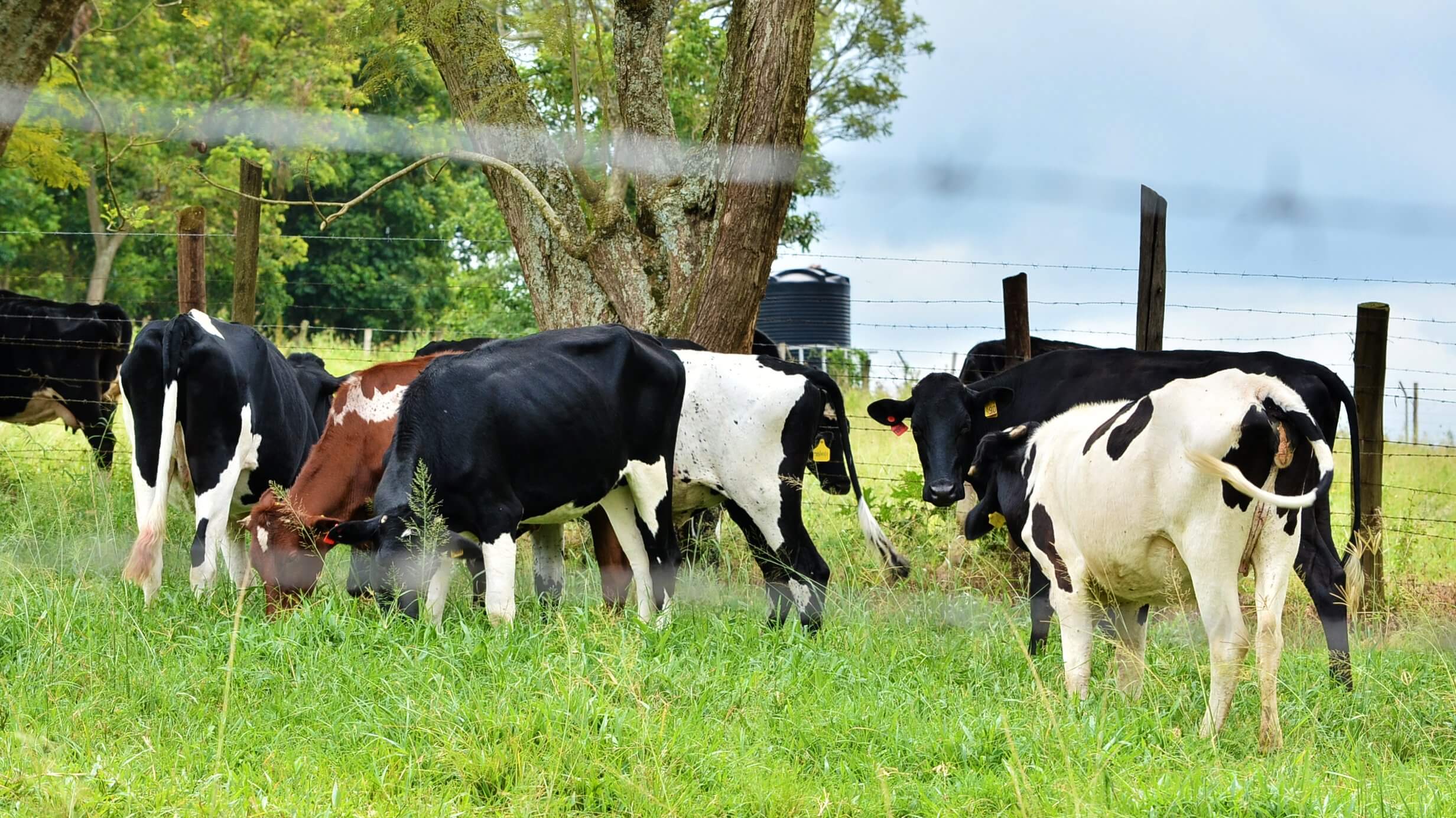
The Ministry of Agriculture, Water, and Land Reform, in collaboration with the Meat Board, is gearing up for an extensive campaign to verify Namibia’s livestock population through the Namibia Livestock Identification and Traceability System (NamLITS). With the goal of updating data and enhancing planning for animal vaccination programs, this initiative holds great significance for the agricultural sector. In this article, we delve into the details of the campaign, its objectives, and the expected benefits for farmers and the Ministry.
Enhancing Planning and Vaccination Programs: The spokesperson for the Ministry, Jona Musheko, emphasizes the importance of accurately establishing the total livestock population in Namibia. By conducting this campaign, the Ministry aims to obtain up-to-date figures that will enable them to plan animal vaccination programs more effectively. The information collected through the campaign will aid in financial and resource allocation, ensuring that vaccinations are conducted efficiently and disease outbreaks are minimized. Understanding the current livestock population is crucial for making informed decisions regarding animal health and the allocation of veterinary resources.
Addressing Data Discrepancies: Authorities have identified a significant number of stock brands registered in the NamLITS database that are not actively used or have outdated information. The campaign seeks to rectify this issue by raising awareness among farmers and providing guidance on the appropriate use of cattle ear tags, stock brands, and registration on NamLITS Online. By updating and reconciling the data, the Ministry aims to ensure that the system accurately reflects the current status of the livestock population. This will facilitate efficient record-keeping, traceability, and effective disease control measures.
Campaign Details and Support for Farmers: The campaign, scheduled to commence on 17 July and conclude on 31 October, will be carried out by the Directorate of Veterinary Services and the Meat Board. Dedicated stations will be set up in each region to assist livestock farmers in updating their stock brands, ear tags, and related information in the NamLITS system. Farmers will be educated on the appropriate use of tags and brands, ensuring compliance with regulations. The Ministry’s objective is to create awareness and provide farmers with the necessary tools and knowledge to actively participate in maintaining accurate livestock records.
Future Steps and Deactivation of Unused Stock Brands: Following the completion of the campaign, an official notice will be issued to deactivate stock brands that have not been in use for two years or more, in accordance with the Stock Brands Act of 1995. This step aims to streamline the database and ensure that the information reflects the active and relevant stock brands in the country. Additionally, Musheko highlights that farmers can access livestock-related information on NamLITS, including animal permit movements, without visiting Ministry offices, promoting convenience and accessibility.
Namibia’s upcoming livestock population verification campaign demonstrates the Ministry’s commitment to accurate data management, effective planning, and disease control in the agricultural sector. By updating the NamLITS system and deactivating unused stock brands, the Ministry aims to ensure reliable livestock records and facilitate efficient vaccination programs. This campaign will not only benefit farmers in terms of awareness and guidance but will also contribute to the overall health and productivity of Namibia’s livestock industry.


















